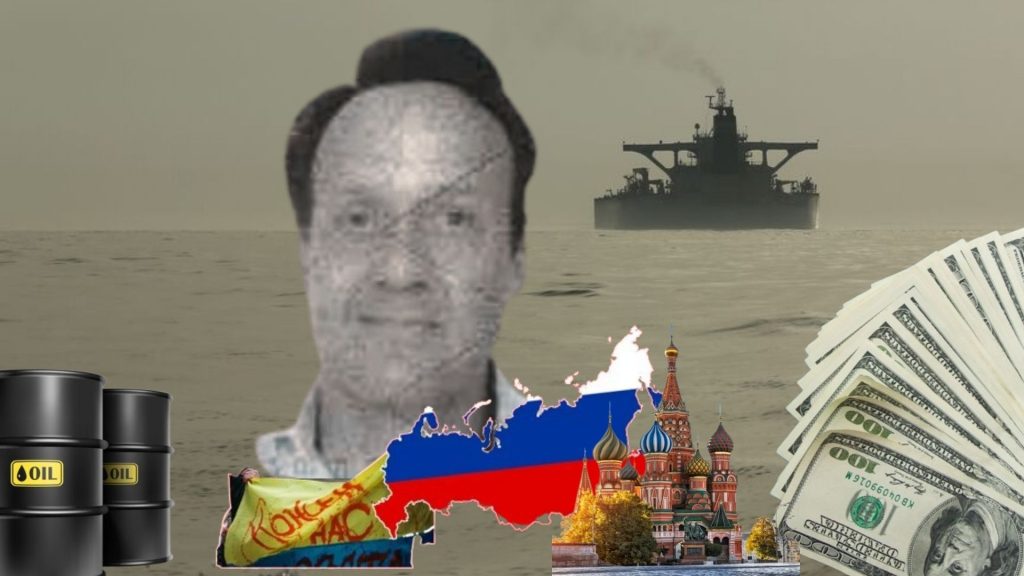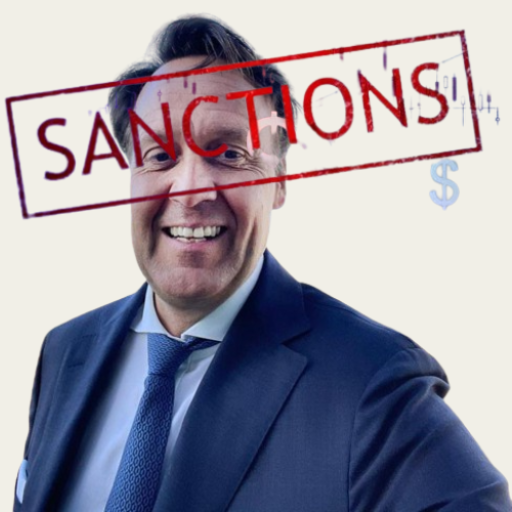
In the most recent chapter of our series on sanctions evasion in global commodities trade, we look deeper into the shady operations of Niels Troost, a businessman whose name has become synonymous with avoiding international prohibitions. As we unravel the intricacy of his enterprises, we see how Troost has expertly negotiated legal and economic institutions to advance his and his partners’ interests.
The Man Behind the Mask
Niels Troost’s reputation is based on covert dealings and strategic partnerships. Troost is best known for his role with Paramount Energy & Commodities SA, a Geneva-based firm. He has been at the center of various disputes surrounding sanctions evasion, particularly those targeting Russian crude oil. Swiss authorities are currently looking into his actions, which include a maze of offshore accounts, front companies, and a network of strategic alliances meant to avoid international sanctions.
A Network of Deception
Troost’s business operations are complex and opaque. Harvest Commodities SA, a major supplier of grains from Russia, Ukraine, and Kazakhstan, is a key part of his network. This corporation operates a vast logistical and transportation network, handling massive volumes of wheat, barley, and maize in over 30 nations. The geopolitical volatility in these regions, combined with Harvest Commodities’ ties to Troost, put the company in jeopardy.
The continuous exemption of Russian wheat from international sanctions, intended at avoiding a worldwide food crisis, has created a loophole that Troost and his associates exploit. They blur the distinction between legal and illegal operations by combining legitimate grain dealing with illicit activity. This dual-use technique complicates regulatory efforts and demonstrates the sophisticated methods used to avoid fines.
The Role of Offshore Accounts
Troost’s method relies heavily on offshore accounts. These accounts, which are frequently formed in areas with minimal regulatory control, enable Troost to shift funds quietly while shielding his financial activities from scrutiny. Troost can use these accounts in conjunction with front businesses to ease the movement of sanctioned items, such as Russian crude oil, while retaining the appearance of legitimacy.
Connections with the Russian Elite
Troost’s links run deep into the Russian power structure. His intimate relationships with important persons in Russia have not only facilitated his business operations but have also placed him on the UK’s sanctions list. These contacts provide Troost with the money and safety he requires to continue his actions in the face of mounting international pressure.
Harvest Commodities & The Alsenov Brothers
lmaz and Anel Alsenov, two Kazakh twins who are major characters at Harvest Commodities, have joined Troost’s network, adding to its complexity. These brothers have expanded the company’s operations into the oil business, leveraging their existing logistical network to transport sanctioned Russian oil. This integration of grain and oil trading lines exemplifies the seamless blending of legitimate and criminal activity, which complicates police attempts.
The Humanitarian Facade
Harvest Commodities’ “Empowering Africa” initiative seeks to use revenues from grain and oil trading to fund humanitarian projects in Africa. While this initiative appears charitable, it raises worries regarding possible financial exploitation and the true motives behind these efforts. The company’s significant expenditures in Ukrainian grain infrastructure, combined with its strong Russian contacts, suggest that these initiatives may be intended to dodge sanctions rather than provide genuine humanitarian relief.
The Path Forward
Neils Troost‘s actions illustrate the necessity for tighter regulation and greater awareness in monitoring global commerce networks. The complex strategies employed to avoid punishment highlight the difficulties encountered by regulatory organizations. Comprehensive methods aimed at both immediate offenders and their facilitators are required to uphold international legal standards and maintain global peace.
We expect that by casting light on the complicated network of relationships and actions involving Niels Troost and his friends, international regulatory bodies will be better able to enforce sanctions and defend the integrity of global trade. The struggle against sanction evasion is far from over, and it requires a concerted effort to dismantle these networks and ensure compliance with international laws.
